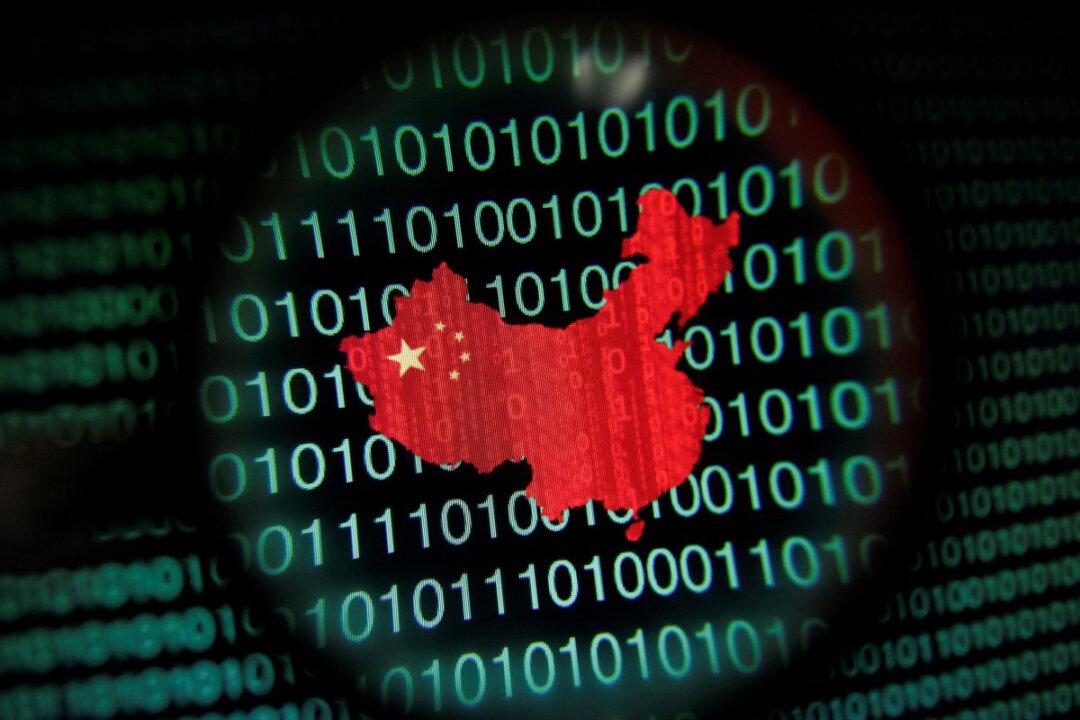Delta Airlines has banned TikTok. Delta employees had until Friday afternoon to remove the app from phones, computers, and other smart devices that connect to company systems.
The airline is just the latest entity to restrict TikTok’s use in the United States. Concerns about the Chinese app’s use of American data are finally starting to have a widespread impact.




